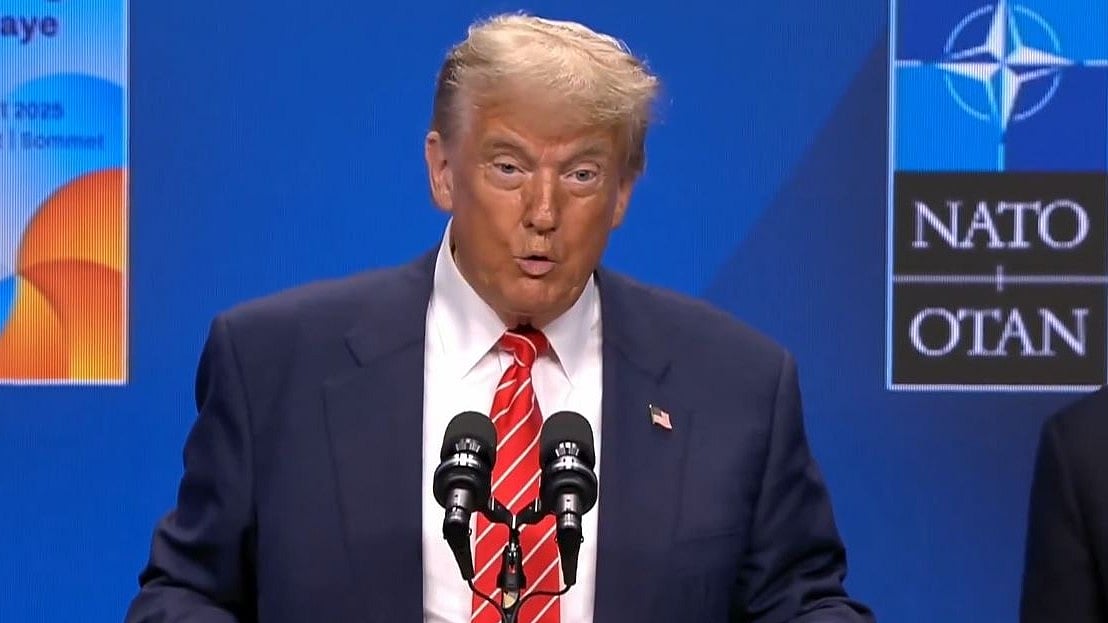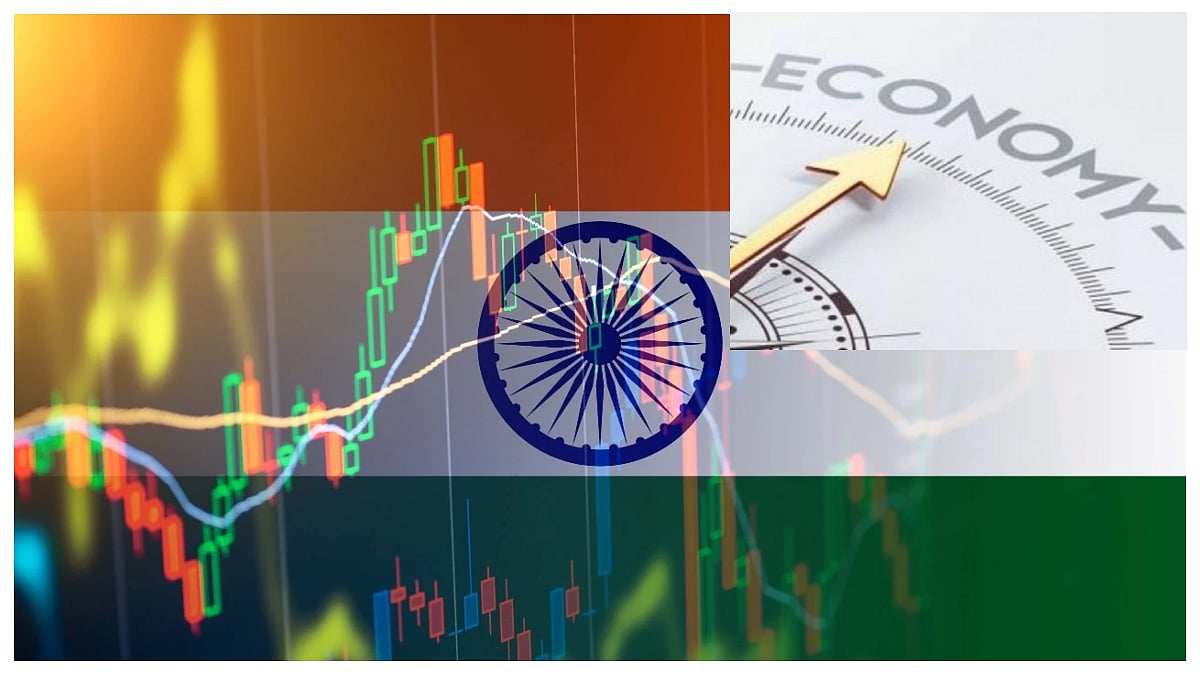A day after Finance Minister Nirmala Sitharaman said economic growth was rebounding, government data on Wednesday showed that industrial output contracted by 0.3% in December while retail inflation jumped to a 68-month high of 7.59% in January on high food prices.
The data released by National Statistical Office (NSO) raised concerns over the sustainability of 'green shoots' in economic recovery and underscored the risk posed by inflation, which was cited by the Reserve Bank of India (RBI) for not cutting interest rates earlier this month.
Sitharaman had, replying to the debate on her Budget for 2020-21 in both Houses of Parliament on Tuesday, stated that seven indicators, including a rebound in industrial activity reflected in positive IIP growth, pointed towards green shoots in the economy.
Factory output, measured in terms of the Index of Industrial Production (IIP), had posed a modest growth of 1.8% growth in November last year after contracting for three consecutive months of August (-1.4%), September (-4.6%) and October (-4%). But it again contracted in December after manufacturing sector output saw a dip.
The cumulative IIP growth in April-December over the corresponding period of the previous year was 0.5%, the data showed.
The monthly swing in factory output growth between positive and negative territory over the past few months clearly suggests that industrial production is still weak and is showing no signs of stabilising.
IIP had recorded a growth of 2.5% in December 2018. The manufacturing sector output contracted by 1.2% in December 2019 as against a growth of 2.9% in the same month last year.
Electricity generation -- a barometer for industrial activity -- saw a 0.1% drop as against a growth of 4.5% in December 2018.
Alongside, persistently high food prices such as that of vegetables, pulses, and protein-rich meat and fish pushed the consumer price index (CPI) based retail inflation rate to 7.59% in January this year, up from 7.35% in the previous month.
This is the highest rate since May 2014 when CPI inflation stood at 8.33%.
The overall food inflation in January was at 13.63%, slightly lower than 14.19% in the preceding month
Commenting on the IIP data, Rumki Majumdar, Economist, Deloitte India said, "The contraction in the IIP in December raises concerns about the sustainability of the green shoots in industrial activities that were visible till last month. This does not bode well for the overall economy as global headwinds already pose significant challenges to overall industries."
"The large outbreak of the coronavirus in China can adversely impact India as China is one of the largest trading partners. With several factories being closed down in China temporarily, the electronics and auto industry in India will likely be hit because of their dependence on Chinese imports of components and raw materials," Majumdar added.
Sunil Kumar Sinha, Principal Economist, India Ratings & Research (Fitch Group company), said the rise in CPI suggests that inflation may be slowly turning structural.
"Rising inflation and low factory output growth have put the policymakers in a tight spot. Since the policy space both on the monetary and fiscal side is limited the turnaround in industrial output is unlikely to take place any time soon," he said.
Majumdar said higher inflation suggests that the RBI will not ease monetary policy even as industrial activity loses momentum. "The inflation- growth dynamics will keep policymakers on their toes."
"The internals of the food inflation are worrying, given a broad-based uptick across categories that tend to be sticky, such as proteins, and a narrower-than-expected reduction in the inflation for vegetables. Moreover, the fairly broad-based rise in the core inflation to 4.1% in January 2020, driven by various services, is a cause for concern," said Aditi Nayar Principal Economist, ICRA.
Regardless of the level of the CPI inflation, the stance of monetary policy is likely to be retained as accommodative, for as long as the MPC considers the output gap to be negative. The timing and magnitude of the next rate cut will depend on how quickly inflation appears to be reverting back towards 4%, Nayar said.
"It is the consecutive second month, that CPI has breached the upper band of RBI's inflation target... if inflation continues to hover above 6%, we don't expect RBI to cut interest rate or change its accommodative policy stance," said Rahul Gupta, Head of Research- Currency, Emkay Global Financial Services.












